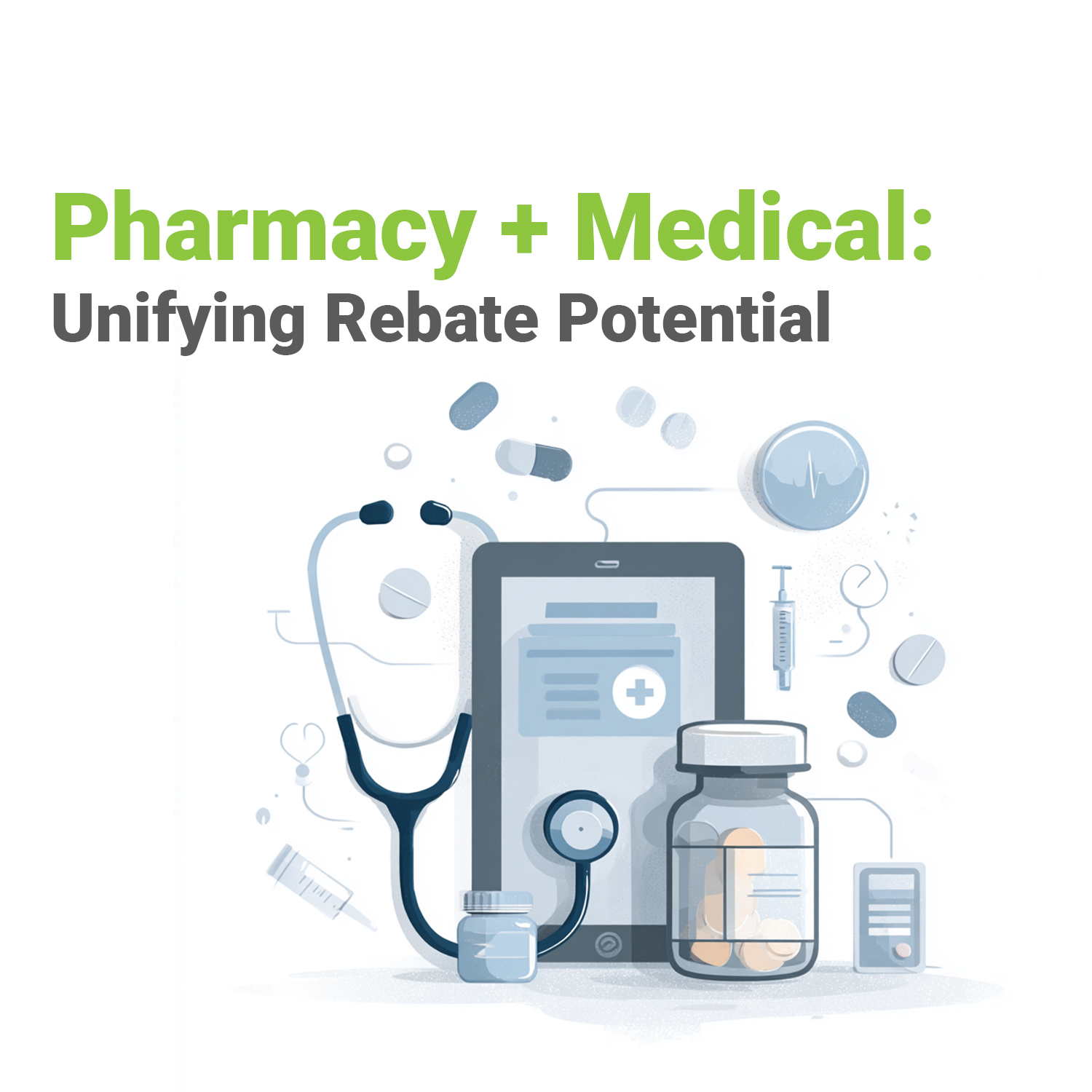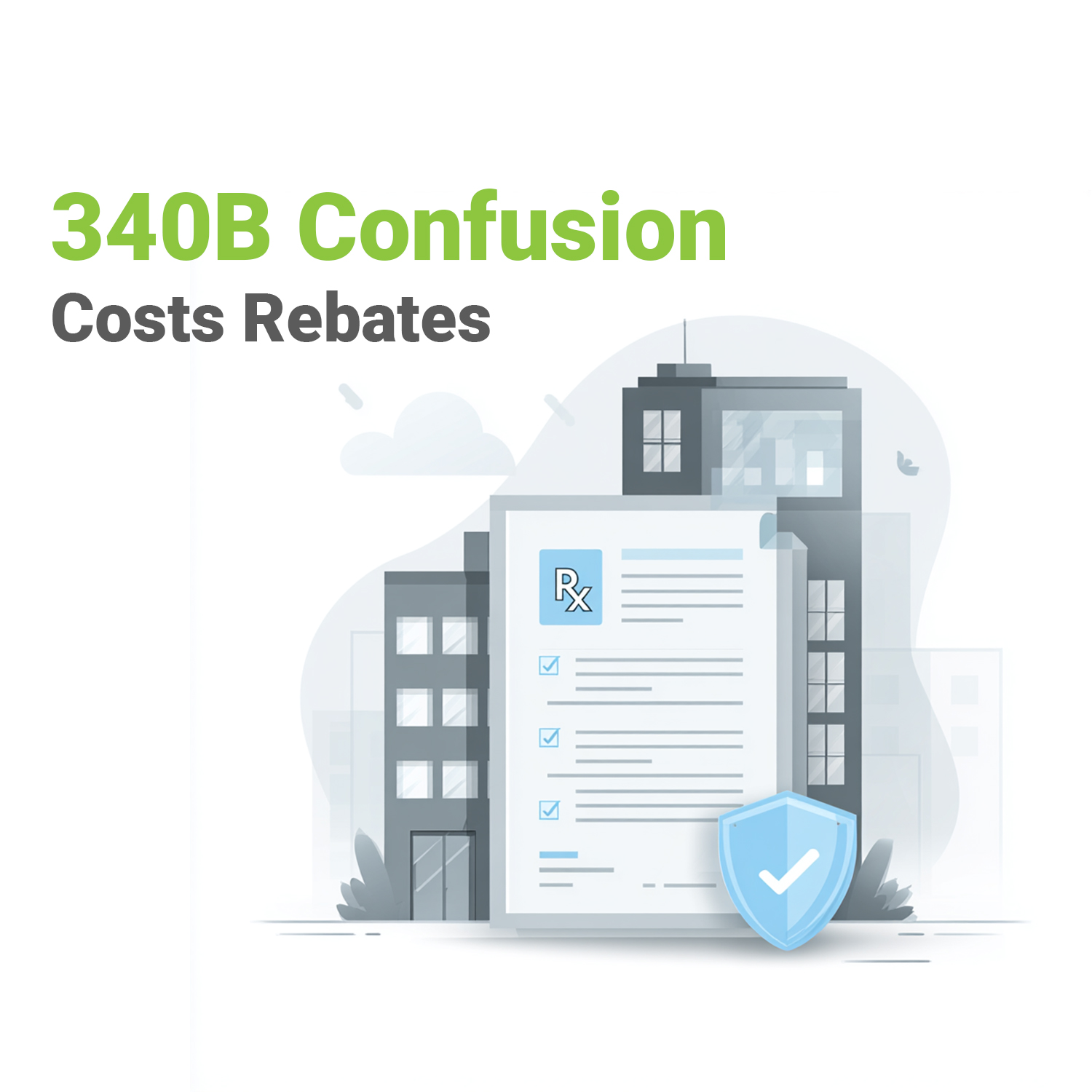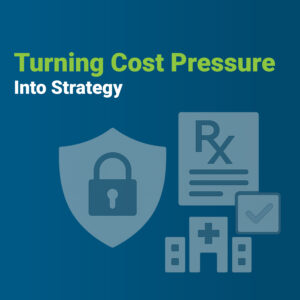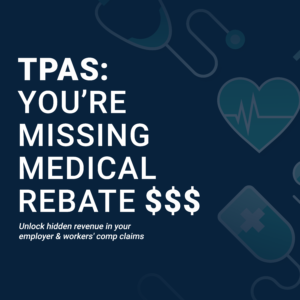Is the FTC singling out the only actors in the pharmaceutical supply chain whose fundamental role is to negotiate lower drug prices for patients?
Recently, JC Scott, President & CEO of the Pharmaceutical Care Management Association (PCMA), the association representing America’s pharmacy benefit managers, participated in a Federal Trade Commission “listening forum” focused on competition in the healthcare industry.
He came away concerned, but still very much committed that PBMs are the path forward in making prescription drugs more affordable for everyone.
As he noted in his presentation to the FTC:
Let’s be clear: PBMs are not opposed to the FTC studying our industry. We simply believe the right course of action for the commission would be to broaden the scope of a study to look at the entire prescription drug supply and payment chain holistically. The objective should be to understand the role of every actor in our current system and the impact of each on consumers.
I am confident that any FTC study on the prescription drug supply and payment chain will confirm that PBMs are fulfilling their primary mission to lower prescription drug costs for consumers and health plan sponsors, as prior studies by the FTC have confirmed.
Here at VativoRx, we share this deep focus on affordability and access, as noted in these recent articles:
- Using Transparency To Drive Prescription Costs Lower
- Washington Can’t Make Prescriptions Affordable The Way PBMs Can
Photo by James Yarema on Unsplash






